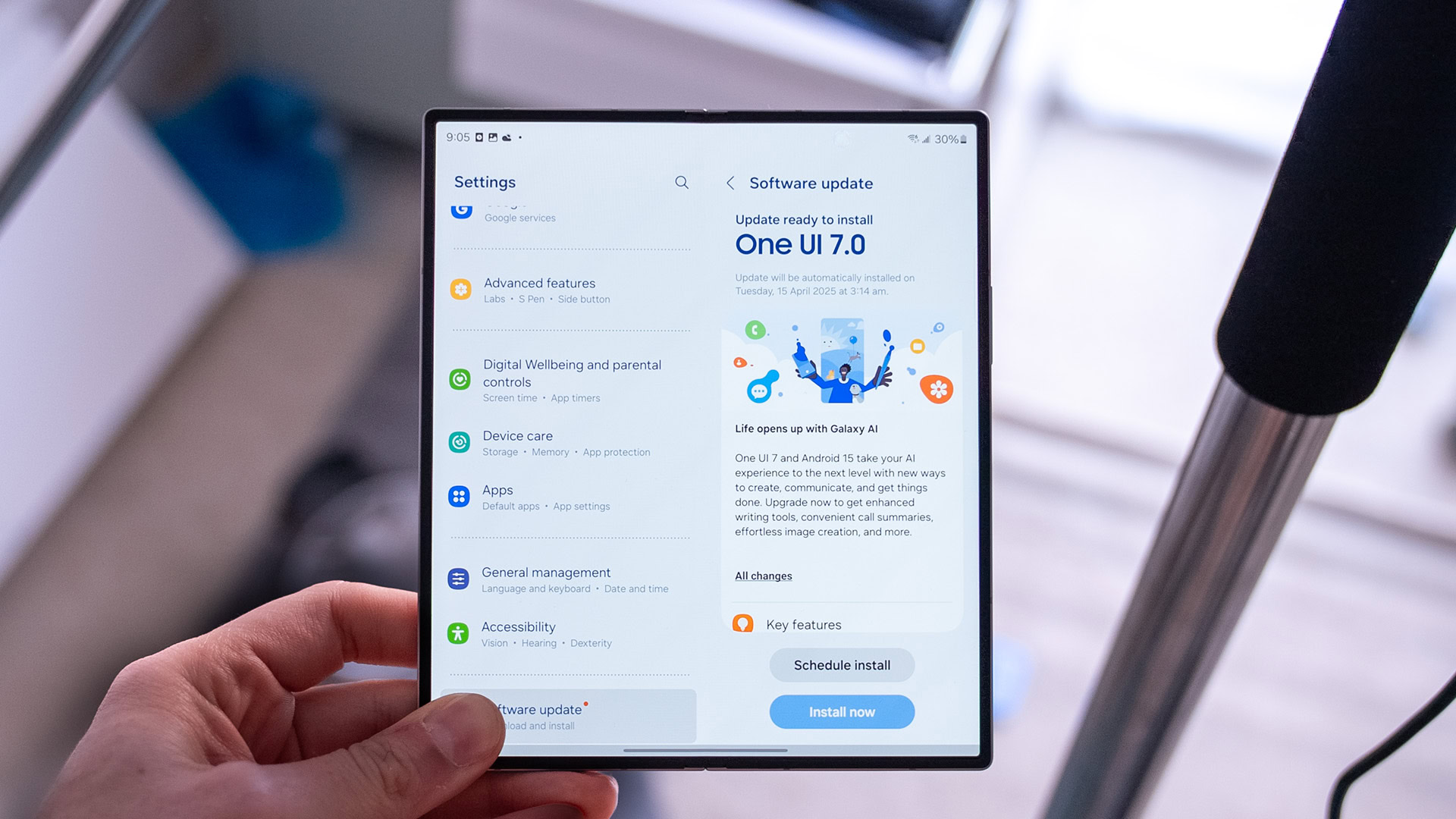Understanding Denials in RCM: Causes, Solutions, and Best Practices
Discover the causes, impacts, and solutions for denials in RCM. Learn actionable strategies to streamline processes and boost financial efficiency.

Revenue Cycle Management (RCM) is a cornerstone of effective healthcare administration, ensuring seamless financial operations. However, one of the most significant challenges in RCM is managing denials. Denial management not only impacts cash flow but also creates administrative burdens. This article explores the causes of denials, their implications, and actionable strategies to address them effectively.
What Are Denials in RCM?
Denials occur when insurance companies refuse to pay for a claim submitted by a healthcare provider. These rejections can stem from a variety of reasons, disrupting the revenue cycle and delaying payments. Denials in RCM are broadly categorized into hard denials, which are irreversible, and soft denials, which can be corrected and resubmitted.
Common Causes of Denials
-
Incomplete or Incorrect Patient Information
Errors in patient demographics, insurance details, or missing documentation can lead to claim rejections. -
Authorization and Eligibility Issues
Claims are often denied due to lack of prior authorization or when a patient is not eligible for the service under their insurance plan. -
Coding Errors
Inaccurate or mismatched medical codes can trigger claim denials, making precise coding essential. -
Late Submissions
Submitting claims past the payer’s deadline often results in automatic denials. -
Medical Necessity Denials
Claims are denied when the payer determines that the service provided is not medically necessary based on their guidelines.
Impacts of Denials
Denials can have far-reaching consequences, including:
- Revenue Loss: Denials delay or reduce reimbursement.
- Operational Strain: Staff must invest additional time to rectify errors and resubmit claims.
- Patient Satisfaction: Billing issues may frustrate patients, impacting their trust in the healthcare provider.
Strategies to Reduce Denials
-
Robust Front-End Processes
- Verify patient demographics and insurance details before service.
- Obtain prior authorizations and ensure eligibility checks.
-
Accurate Coding and Documentation
- Use certified coders and leverage technology to minimize errors.
-
Timely Submissions
- Submit claims promptly and track deadlines meticulously.
-
Denial Analysis
- Categorize and analyze denials to identify trends and rectify recurring issues.
-
Staff Training
- Regularly train staff on RCM processes and updates in payer requirements.
-
Leverage Technology
- Utilize RCM software to streamline workflows, automate eligibility checks, and track claims in real time.
Conclusion
Denials in RCM pose significant challenges but are manageable with proactive measures. By addressing the root causes, streamlining processes, and leveraging advanced technology, healthcare providers can reduce denials, improve cash flow, and enhance patient satisfaction. A strategic approach to denial management is key to a healthier, more efficient revenue cycle.
What's Your Reaction?
 Like
0
Like
0
 Dislike
0
Dislike
0
 Love
0
Love
0
 Funny
0
Funny
0
 Angry
0
Angry
0
 Sad
0
Sad
0
 Wow
0
Wow
0





















































